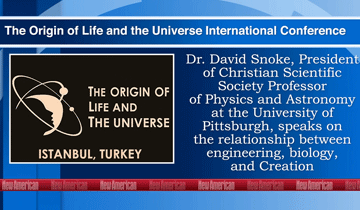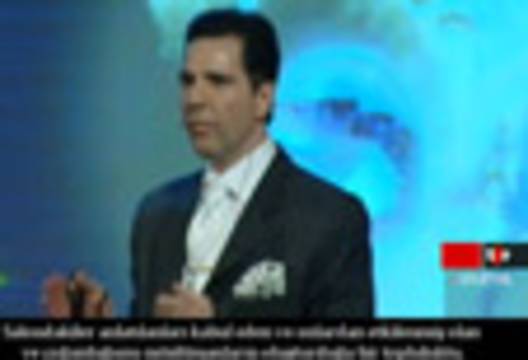Dr. David Snoke Talks about String Theory
- Can you tell us about the string theory and what it tells us about other dimensions?
- Yes, string theory is,I would say, an example of speculative physics, where it’s not based on experiments that people are doing, but rather people trying to come up with just using pure math, to find out their other ways to come up with physical theory that we know in order to solve certain problems. In some ways string theory is not yet even really a theory. It’s a set of efforts to think about how we might be able to come up with another theory. So at its basic level, the idea of the strings is just to say, instead of thinking of point particle interactions, in order words thinking of particles as single points, to think of them as interactions along lines. And so the lines are like strings. And so probably the original interest in this is just to solve some of the problems of quantum mechanics that we don't really understand. One of the things that goes on in quantum field theory is that when you do certain calculations you get infinity as an answer. Usually we don't like that in physics, we don’t like what we call singularities;things where at certain points you would calculate just that you get infinity. And in the present standard way that we approach that, we’ll just make cut offs and say ‘instead of putting at infinity, we’ll just put it at some finite but very large value and make a cut off’. And it seems somewhat arbitrary. So string theory at one level, is just an attempt to solve some of those inconsistencies in the quantum mechanics that we have. At another level, it’s an attempt, I would say, in some cases, to get rid of fine-tuning. At this meeting, there has been a lot of discussion about fine-tuning.Some proposals for the string theory is to say ‘if we do physics right, then we’ll be able to explain everything in terms of just geometry, and we won't have to invoke these fine-tuning constants.’ It’s very speculative, because they haven’t done this and yet that is sort of one of the attempts that they will like to do. And another they would like to be able to do is to be able to say that there are these many worlds or parallel universes, to say there is one large super universe and then our universe is like a subset or a bubble inside of this larger universe. So I guess I would say string theory is interesting, but it’s really at this point, what I would call speculative mathematics of trying to come up with alternate ways of defining physics. Now the dimensionality part of it is interesting because that is actually not specially controversial in physics. When Einstein came along with general relativity, he treated time like a dimension. So we have three dimensions, you know, length, height and depth. And so we are used to three spatial dimensions. Einstein came along and said"well, there is a fourth dimension of time". And then we can talk about curvature of space, things like that. Once we started to add these extra dimensions for general relativity, then people say, "why do we need to stop with just four? We can go on and then add extra dimensions." And so that by itself is probably not especially controversial in physics. But then again it’s speculation at this point. Can we do the math that would make it work out until actually we see something sensible if we had these other dimensions?


























